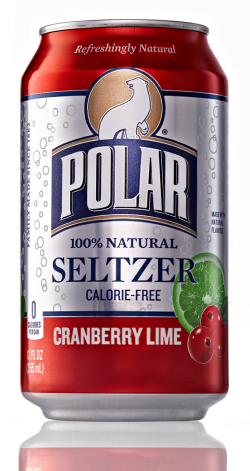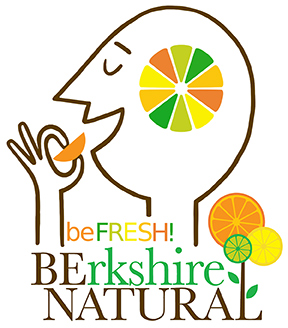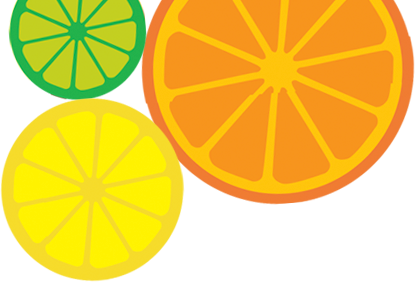Hidden Sugars: Read the Label
May 18, 2015 I think beverages are the perpetrators that we need to take aim at first if we are going to try to collectively rescue ourselves from our sugar dependency. While once the main perpetrators were soda, the beverage companies have learned to find less obvious, more covert ways of mainstreaming sugar into our bodies. At Berkshire Natural, sugar levels are inspected in every product that we have in our inventory. We look askance at added sugar. Honest Kids which is organic and has fruit juice also has added sugar. Annie’s Fruit Bunnies are also organic and are made partly from fruit juice. They have added sugar as well.
I think beverages are the perpetrators that we need to take aim at first if we are going to try to collectively rescue ourselves from our sugar dependency. While once the main perpetrators were soda, the beverage companies have learned to find less obvious, more covert ways of mainstreaming sugar into our bodies. At Berkshire Natural, sugar levels are inspected in every product that we have in our inventory. We look askance at added sugar. Honest Kids which is organic and has fruit juice also has added sugar. Annie’s Fruit Bunnies are also organic and are made partly from fruit juice. They have added sugar as well.
Two trusted brands that have embraced some great principles for our environment and for health add sugar to their products that are marketed to kids.
Why do they do it? They know their demographic. They know kids have an expectation of sugary deliciousness. Why don’t they just add apple juice for sweetness as many other products do?
So this is the real target of my writing. I am calling out the trusted brands and the not-so-trusted brands to help our kids break the sugar habit. Annie’s and Honest, get the added sugar out of your products. Coke and Pepsi, stop telling us sports drinks are good for us when they are loaded up with added sugar (not to mention artificial colors and artificial flavors, two more purported health scourges).
Fruit drinks…a not so careful look will alert parents that fruit drinks often have very little fruit juice in them. At Berkshire Natural, we are given samples to try by manufacturers to encourage us to market and sell their products. The Switch is a healthy soda basically though they don’t call their product a soda because of the negative connotation. It’s 100% fruit juice with carbonation. Izze’s which is a Pepsi product is the same, 100% fruit juice with carbonation. But what are parents thinking when they give their kids Hi-C, Sunny D, Capri Sun?
My blog was inspired by Jason Best who wrote an article about sugar as villain. According to his post, in a study in Connecticut, 62% of parents had given their kids a fruit drink in the last month. That doesn’t make a parent a bad parent but it suggests to me that the beverage marketers are winning the battle. They’ve convinced parents that fruit drinks are good for their kids. The parents are buying the brand rather than reading the label. As Mr. Best points out, there’s more sugar per fluid ounce in Hi C than in Coca Cola and one pouch of Capri Sun has as much sugar as the American Heart Association recommends for preschoolers in an entire day.
The same Jason Best wrote an article that announced that Burger King is the last of the three big hamburger chains, including McDonalds and Wendys to pitch in to make their offerings healthier for small children by eliminating soda as an option in their kids’ meals. Milk and apple juice are the options. While a parent can order soda for their kids, the big 3 fast food companies have taken an important step toward the re-education of our children, removing the automatic added sugar sources from their kids menus. Having said that, I have to point out that one of the options is low fat chocolate milk which has almost as much sugar as soda. That’s an argument for another day. Is the tradeoff justifiable, giving our kids sugar to get calcium into their bodies? Walter Willet at Harvard would emphatically say NO. There’s plenty of calcium available and ingested in our diets from other foods. We don’t need chocolate milk with crazy doses of sugar (to hide the compromised taste of low fat milk) to get calcium into our kids.
My take away from all of this is to give our kids more unsweetened beverage options most of the day and night. At home, our kids recognize that filtered water, seltzer, flavored seltzer and low fat milk are their everyday beverage options. It’s their expectation and there’s no grumbling about it. Occasionally we’ll bring home an Izze’s or The Switch. We may find a fruit nectar or bring some juice home to add to seltzer. But what the kids are starting to hear, one of the messages that is starting to resonate is that high doses of sugar are damaging. The kids read the labels and then we discuss whether we’ll buy something that they want. Even more vilified in our house than sugar is artificial colors and artificial flavors. There’s no place for those kinds of ingredients in my kids’ diets. And based on the research, there shouldn’t be any place for those kinds of ingredients in manufacturers’ ingredient lists.

